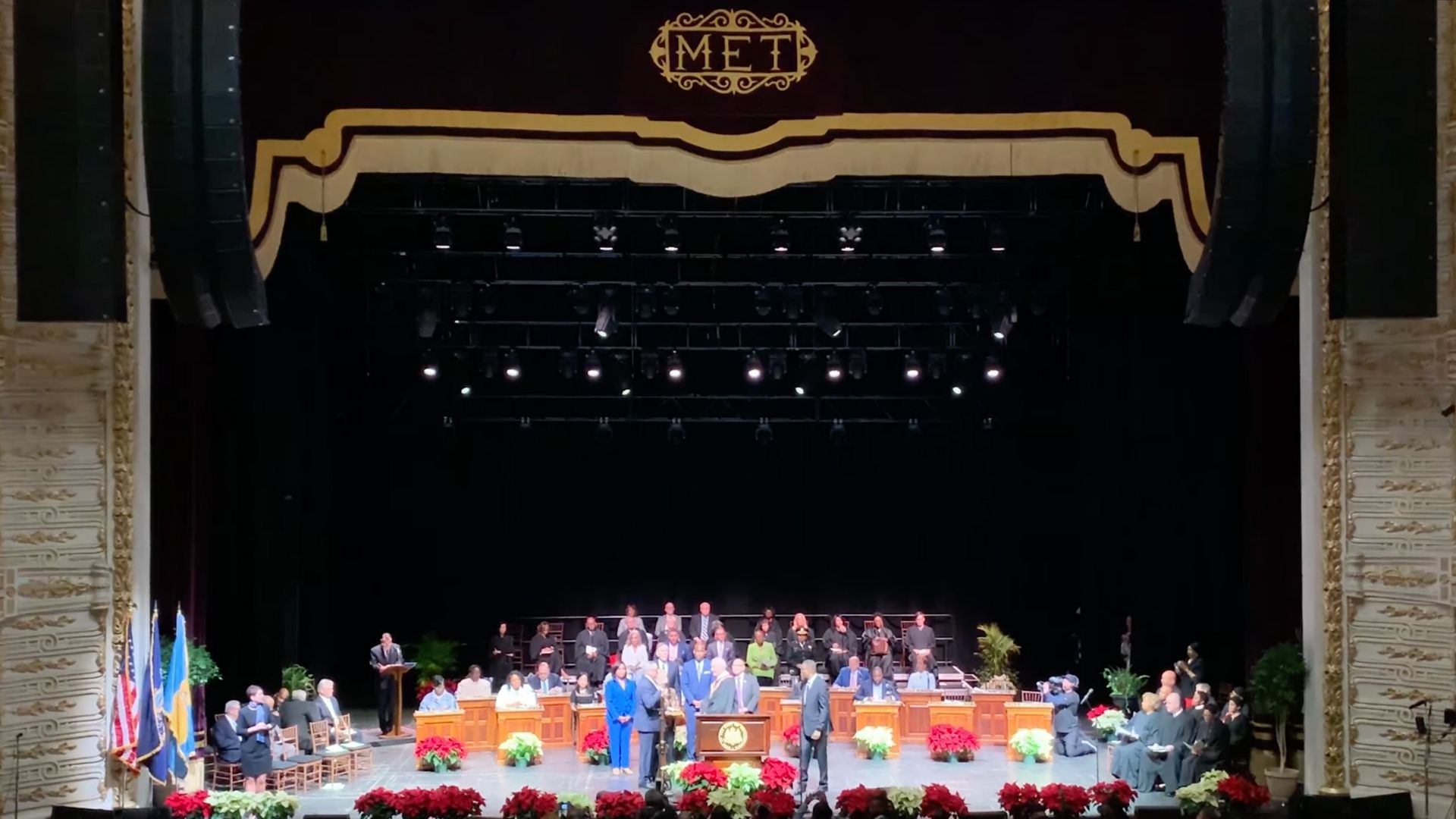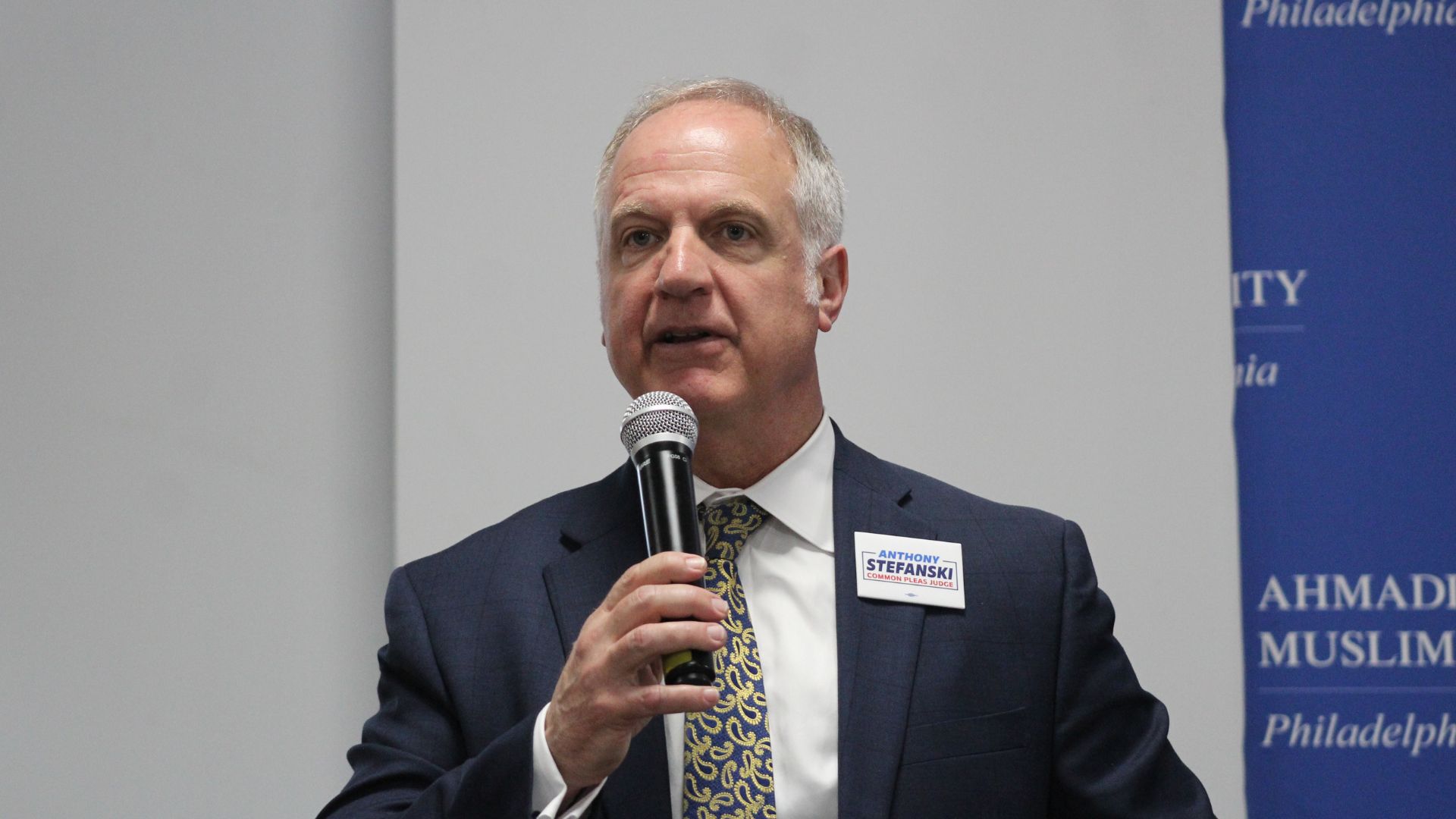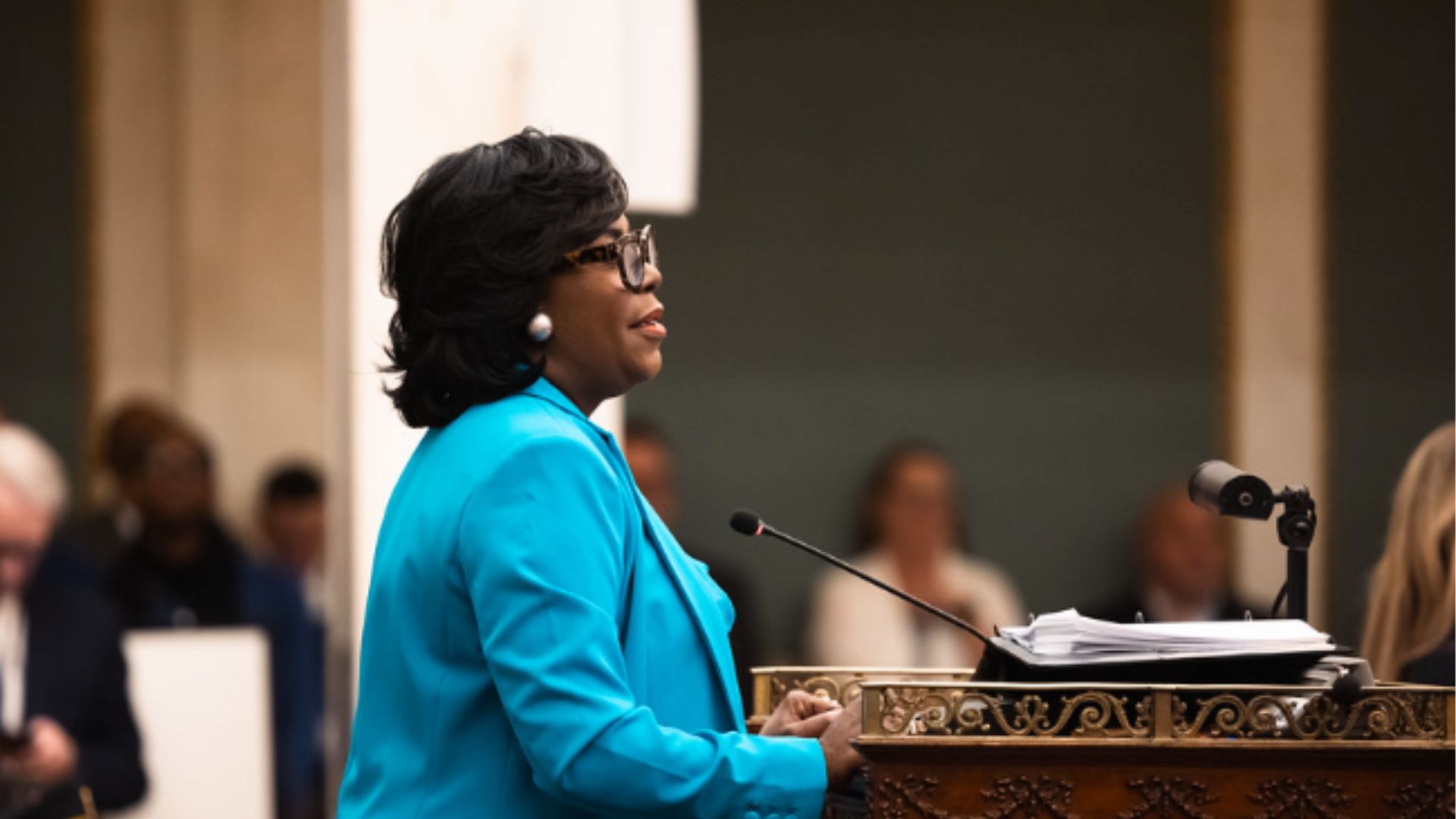Philadelphia, PA – In an unusual turn of events, the upcoming mayoral transition in Philadelphia will see the swearing-in ceremony delayed by 36 hours to avoid conflicting with the city’s cherished Mummers Parade. While this shift has raised questions about the city’s leadership during this brief period, officials assure the public that there will be no power vacuum.
Current Mayor Jim Kenney’s term will officially conclude at the stroke of midnight on New Year’s Eve, marking the end of his tenure. However, the next mayor will not be publicly sworn in until approximately 36 hours later, on January 2, due to the City Council’s decision to accommodate the Mummers Parade.
The decision to hold the inauguration on January 2 was made to prevent conflicts with the Mummers Parade, which requires substantial crowd and traffic control services, leading to the closure of sections of Broad Street and surrounding areas. City Council President Darrell L. Clarke consulted with the City Law Department, and City Solicitor Diana Cortes confirmed that the Council had the authority to reschedule the inauguration.
While the delay in the swearing-in ceremony may raise questions about a potential power vacuum, an administration spokesperson, Sarah Peterson, clarified that the next mayor will officially assume office the moment Jim Kenney’s term ends.
Philadelphia’s Home Rule Charter, the city’s governing document, designates the first Monday in January as the date for mayoral transitions. In 2024, this date coincides with New Year’s Day. Traditionally, the swearing-in ceremony occurs in a special Council meeting the morning after the outgoing mayor’s term ends. However, this time, the ceremony will take place a day later, on January 2.
The charter also stipulates that elected officials must take an oath of office “before entering upon the duties of their office or employment.” This means that even though the next mayor can start serving before the public swearing-in ceremony, the official oath must be administered.
Typically, mayors take the oath during the special Council meeting, which temporarily prevents them from exercising the powers and duties of the office, such as making appointments or signing executive orders, for about 12 hours. During this time, city departments continue to function under the leaders appointed by the previous administration.
However, it’s worth noting that the oath does not have to be administered in a public ceremony. This provides the incoming mayor with options: they can choose to take the oath in private at 12:01 a.m. on January 1, making the January 2 ceremony purely symbolic, or they can wait until the ceremony to assume the powers of the office.
In any case, the delay in the swearing-in ceremony is a unique but well-coordinated measure to ensure that the Mummers Parade and the mayoral transition can both proceed smoothly without any disruptions to the city’s governance. As the city prepares for this intriguing transition, the possibility of a “Mummers junta” appears highly unlikely.




